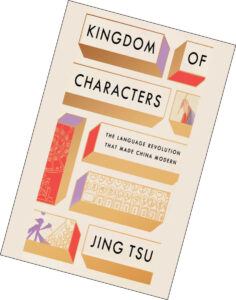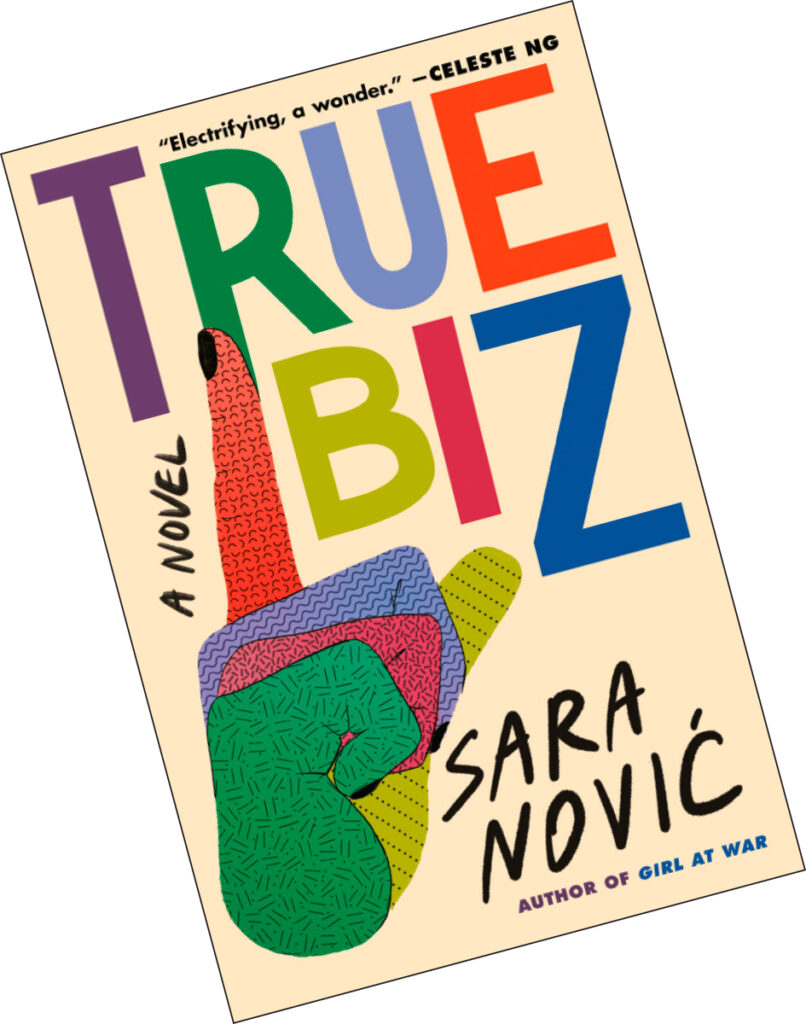

Fiction is the lie through which we tell the truth…’ This statement by the French (of Algerian birth) philosopher, writer, dramatist Albert Camus provokes. Think about it. Readers often ponder over what they read, why they read, how they read, and the train of thoughts that follow. Well-known people have commented on reading and libraries. In an article in The Marginalian, Maria Popova writes: ‘Galileo saw reading as “a way of having superhuman powers”. For Kafka, books were “the axe for the frozen sea within us”; Carl Sagan held them as “proof that humans are capable of working magic”; James Baldwin found in them “a way to change one’s destiny”; for Polish Nobel laureate Wislawa Szymborska, they stood as “our ultimate frontier of freedom”.
Writer Neil Gaiman, in a lecture for The Reading Agency, pointed out: ‘Fiction can show you a different world. It can take you somewhere you’ve never been. Once you’ve visited other worlds, like those who ate fairy fruit, you can never be entirely content with the world that you grew up in. And discontent is a good thing: people can modify and improve their worlds, leave them better, leave them different, if they’re discontented.’
Two books I picked up recently, promise to show me completely different worlds that beckon alluringly and I cannot wait to peruse their pages. The first is a work of fiction, a book that popped up in a brimming-with-books store in Washington DC. Driving down Connecticut Avenue one day, en route to the zoo, I had noticed the name Politics and Prose against a green facade, and had even taken a picture of it. Some days later, we had the opportunity to stop by there — barely before it closed for the day. In those few minutes, though, my eyes flew over exciting, unfamiliar titles displayed on two tables, my hands lingered over a few and eventually picked up True Biz by Sara Novic. What could the title mean?
There was an explanation on the back cover. It said the phrase was an adjective/exclamation in American sign language that meant ‘really, seriously, definitely, real-talk’. The novel, it said, ‘follows a year of seismic romantic, political and familial shifts for a teacher and her students at a boarding school for the deaf.’
I have only just started reading the book. It opens with the description of a little girl in a classroom who stabs her ear with a sharpened pencil. While the children welcome the diversion, the teachers are more concerned about the child’s ‘family circumstances’. ‘Really, February explained to her father when he came to get her, she wasn’t upset at all, just tired of listening to the times tables, the buzz of the broken light above her desk, the screech of metal chairs against the floor. He didn’t know what it was like, having to hear things all the time, she told him. And with that he couldn’t argue.’

The day after purchasing the book, my husband and I took a trip to New Jersey where, one evening at a gathering, my cousin took me aside to meet a young woman he considered very special. He didn’t say anything more and when we met, she seemed that way: really bright, somehow special. Only later did he share the fact that she had been born hearing-impaired and that she had faced her challenges with courage and grace. Struck by the coincidence, I mentioned having picked up True Biz; my cousin immediately ran across and hailed down the car the young woman and her mother were leaving in and said to me, ‘Tell them. Tell them.’ So I told them about the book and that I had just started reading it and there had been a mention of cochlear implants and the young woman pointed to her ears and said, ‘Oh, I have a cochlear implant…’
Serendipity? I had only just found this book and now, not only was I reading a novel exploring the world of the deaf, but had also met someone who was from that world! What can I say? Books take you places you never thought you’d be.
The other book, a work of nonfiction, carries an endorsement at the bottom of the cover, attributed to The New York Times, that says: ‘Rigorous and engaging… Languages, as this book makes clear, convey worlds.’ Another world this time, one recreated by Jing Tsu, a cultural historian of literature, culture, and science and technology. Called Kingdom of Characters, it talks about ‘the language revolution that made China modern’. What? you might ask. Again quoting from the back cover, Jing Tsu ‘argues that China’s most daunting challenge was a linguistic one: the century-long fight to make the formidable Chinese language accessible to the modern world of global trade and digital technology.’ In the book, Tsu ‘reveals how language is both a technology to be perfected and a subtle yet potent power to be exercised and expanded.’
We are familiar with Chinese, Korean, Persian calligraphy, and their importance in those cultures. But I was not aware that Chinese heads of state, including Hua Guofeng, Hu Jintao and Xi Jinping, often brush-inked some characters or auspicious phrases at official occasions. It appears that Mao’s calligraphy is used on the masthead of the People’s Daily. As is observed in the introduction to the book, ‘…in the Chinese context, literacy means something more than just knowing how to read and write. It has traditionally signalled many things: the mark of being steeped in the classics and wisdom of the ancients; a meditative craft through which to cultivate a higher self; an elite medium through which to express one’s inner character, thoughts and emotions.’

But this rich, ancient, sophisticated language made up of characters, strokes and tonal variations was such a complex web of cultural and linguistic subtleties that decoding it and transmitting through it posed a major challenge. What this book does is to look at China’s cultural universe, rooted as it is in its language and see how ‘from the grassroots to the highest level of the modern state, intellectuals, teachers, engineers, everyday citizens, eccentric inventors, duty-bound librarians, and language reformers embarked on one of the most extraordinary revolutions of the millennium in search of a solution.’ A solution to what? To make the language and its script ‘viable in a modern world increasingly transformed by various branches of Western science and new modes of electricity-powered communication, beginning with the telegraph.’
Two short quotes that preface the text are telling. One is by Lu Xun, referred to as the father of modern Chinese literature, who is quoted as saying in 1936 that, ‘If the Chinese script does not go, China will certainly perish.’ This gives a fair indication of the enormity of the task of ‘simplifying’ the language. The other is by Chen Mingyuan who is a linguist, a poet, a mathematician and computer scientist, among much else. He is quoted as saying, in 1980, that ‘computers are finally able to process Chinese! Long live square characters!’
The prospect of sitting down to read True Biz and Kingdom of Characters is filled with the promise of making new discoveries, and of taking ideas to the edge to make things work. Such a feast lies ahead! A feast I hope will stir up discontent.
The columnist is a children’s writer and senior journalist






